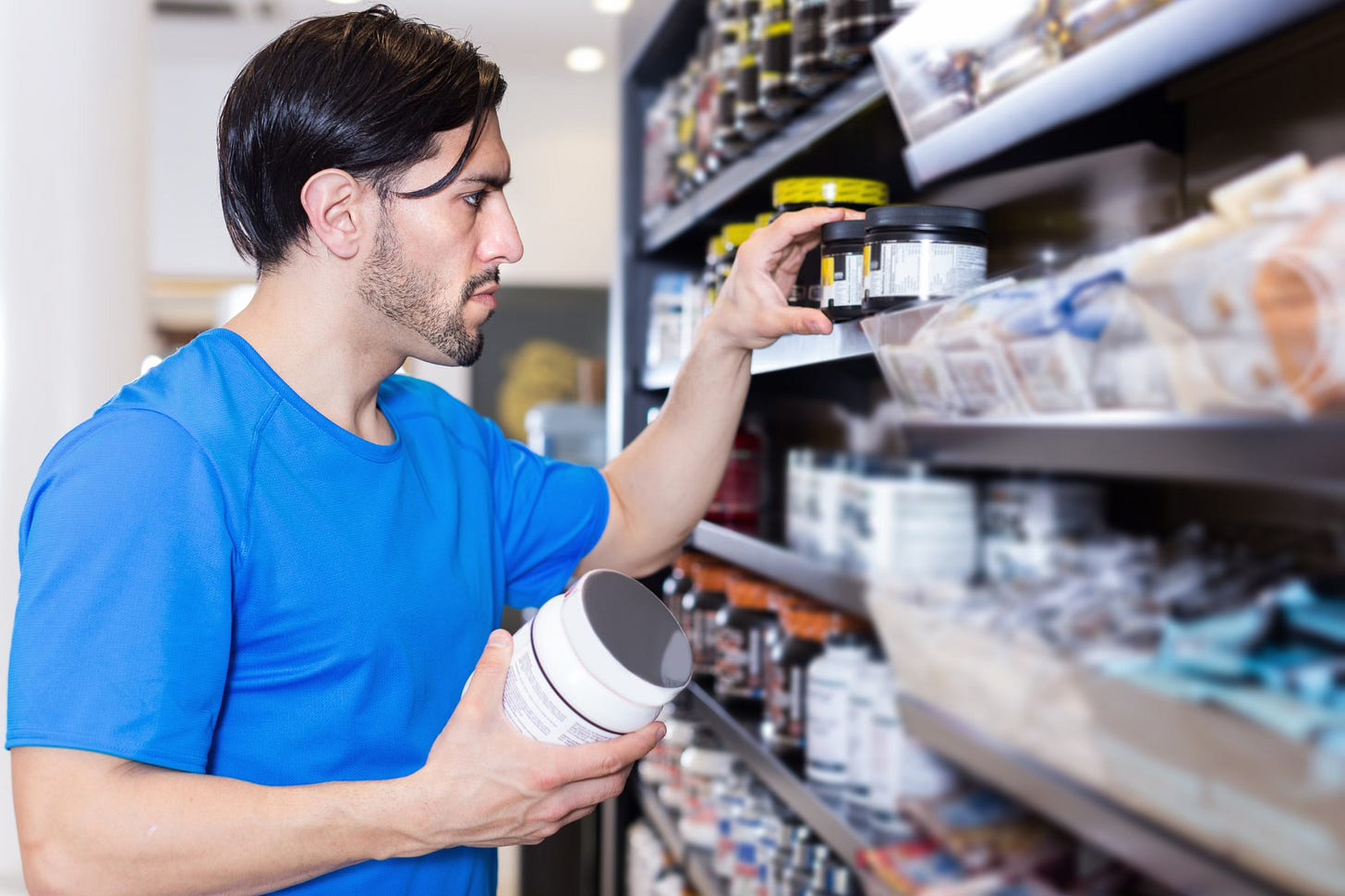How to stay safe when taking supplements
Take the time to check in with yourself every few days when you start taking a new supplement or medications and take note of any changes.
While you should be able to get all the nutrients you need from a well balanced ‘whole foods’ diet there are times when supplements might be needed. But just because a supplement is readily available from your local wholefood shop, supermarket, pharmacy, online, or is prescribed by your GP, this does not guarantee that it is safe, effective or that it provides value for money.
In this 4 part series we are going to share with you some of the essential things you should think about before buying or taking a supplement, including:
Do you really need it?
Who recommended it to you?
Who is most at risk?
How much should you it?
When should you take it?
How to stay safe when taking supplements.
Other things to think about.
In the first post we looked at ‘do you really need supplements?’ & ‘who recommended them to you?’. If you have not read this one that I would recommend that you start there first, click HERE for the link.
Then we looked at who is most at risk from taking supplements and having a negative reaction, you can read that post HERE.
Following this we looked at how much of a supplement you should take, can you have too much and when is the best time for you to take them, click HERE for the link.
In this post we are going to look at some key ways to stay safe when taking supplements and some additional things that you should think about before buying or taking a supplement.
How to stay safe when taking supplements
Below are some key things that you need to know to keep yourself safe and well when taking supplements.
Follow the recommendations on the packaging
If you are self prescribing always follow the directions on the packaging. How much, when and how you take a supplement, what you eat or drink alongside it and even how it is stored can have an impact on how efficiently it works.
2. Take note of the potential side effects
It can be all too easy to take a medication or supplement and two weeks in become aware of a new symptom, such as a rash, poor sleep or headaches. You then put this down to other things, such as what you are eating or a work deadline as you have not been able to trace it back to the new supplement that you are taking.
Take the time to check in with yourself every few days when you start taking a new supplement or medications and take note of any changes.
3. Choose reputable brands & check the ingredients list
Though a supplement may claim to be therapeutically active, the nutritional component (the bit that you want to optimise your health) can be as low as 2% of its total content! The other ingredients are inactive and are called excipients. Some of these are needed in the manufacturing process whilst others, especially in less reputable brands, are used to pad out the contents and maximise profit margins.
This highlights the importance of reading labels carefully (as we should with anything we put in, or on, our body). Always check the list of ingredients, not just the nutrients, research unfamiliar excipients and opt for reputable brands known for rigorous testing and transparency.
4. Inform your healthcare provider & check for interactions
Always inform your healthcare provider of the supplements that you are taking and every time you start taking a new supplement, you must take responsibility and check that it will not interact with something else you are already taking. You can check this with a Pharmacist, Nutritionist or Herbalist.
5. Test regularly
Where possible it is recommended that you test your levels regularly when taking supplements. While this is not possible for every nutrient, there are certain ones, such as Vitamin D and Iron which you can easily test at home, for example, every 3-6 months.
We highly advise that you speak to your healthcare practitioner (e.g. Nutritionist) before doing tests at home as you may just end up with results that you do not know how to safely and properly interpret.
6. Beware of health claims and misleading marketing
The rules around what you are legally allowed to say or claim varies from country to country. Companies will do all they can to market their product in the best possible light and will frequently make claims that are misleading. For example, this product contains 'natural ingredients' or is vegan. Just because a product states that it is made from natural ingredients or is vegan, does not mean that is a good product. Lead is a natural ingredient but it is certainly not good for your health. In addition to this, just because a product contains a certain nutrient or substance, it does not mean that the dose is high enough to have a therapeutic effect.
Read the product labels, check the claims for yourself, look at their websites, see what nutritional and scientific experts they have on their team and finally pick up the phone and talk to them; reputable companies will be happy to answer your questions.
7. Only take it for as long as necessary
If you take a supplement for longer than you need it, this could cause unwanted side effects and be a waste of your money. Your healthcare practitioner (e.g. GP or Nutritionist) will advise you on how long to take a supplement based on your health goals and condition.
Alternatively, you can contact the supplement company directly and speak to one of their advisors. Just make sure that who you are speaking to is a qualified healthcare professional and that they know what health conditions you have and what medications, supplements and/or herbal remedies you are currently taking. In most cases, nutritionists recommend supplements for 4-6 weeks before they reassess and decide if you should continue them for the next 4-6 weeks.
6. Focus on your diet and lifestyle first
And finally, do not take supplements unless you need them! Always look to improve your diet and lifestyle first. There is no point taking a supplement that has potential risks and costs you money when it is something that can be supported with simple diet and lifestyle changes. If you want to know how to get started with optimising your diet, check out our online course 'Nutrition: The Corner Pieces' where Nutritional Therapist Josie Shillabeer will guide you through the foundational information that you need to know how to optimise your diet.
Other things to think about
Before buying a supplement there are a few other things that you should think about.
What form do you prefer?
Supplements come in many forms for example capsules, liquid, jellies and even topical applications. This is helpful to know as you can decide which you will find easiest to take, and which will have the greatest impact on your health.
2. Can you swallow supplements?
Before you purchase a capsule or tablet based supplement have a look at how big it is, do you think you can swallow itcomfortably? If the answer is no you can either look for a smaller alternative or you can have a look to see if the supplement can be crushed or sprinkled onto food. It is however very important that you check that the supplement can be crushed or broken safely. This is because some supplements will become ineffective or at worst dangerous when they are no longer in the form that they were originally intended.
As you can see there are lots of factors that you need to think about before buying or taking a supplelment. If you don't feel confident in making a safe and informed decision about what to take, how much, when to take it and for how long, it is best that you speak to a healthcare practitioner. Healthcare practitioners (e.g. Nutritionists & herbalists) are trained to help you select safe, therapeutic grade supplements that will support you to reach your health goals.
We hope that you have found this 4 part series to learn what you need to know before you buy or take any supplement.
In our upcoming blog post we will be taking a closer look at vitamins and minerals, what are they, why you need them and how to optimise yours!
To be able to run this service free of charge we rely on donations and the use of affiliated links. Affiliated links have been used for many of the products within this directory. There will be no additional charge or noticeable differences for you, by clicking on some of the links within this directory and making a purchase we may receive commission. All donations and commission goes towards the growth and development of our free services. Please contact us for further information. Thank you for your support.











